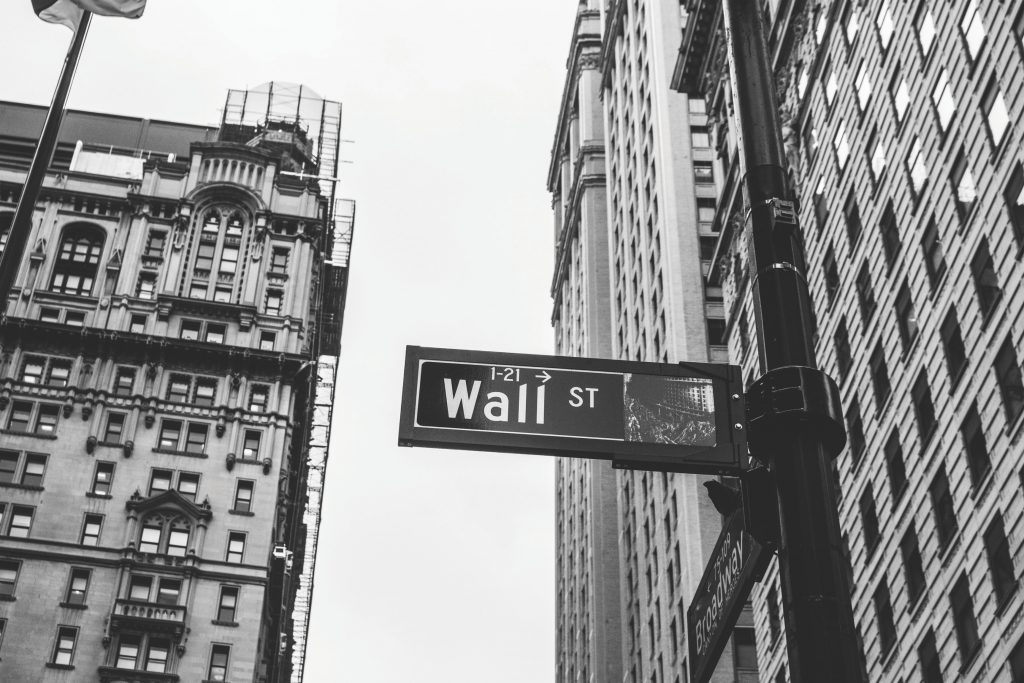
By Susan Barreto, Editor, Alternatives Watch
Market valuation is on the move with every snippet of forward-looking pandemic news, but what this all means for equity-oriented hedge fund strategies is still emerging as many managers have significantly underperformed their alternative investment universe peers.
According to hedge fund data provider HFR, hedge funds overall extended their strong gains in May with the HFRI Fund Weighted Composite Index gaining 2.5% with equity hedge and event-driven strategies leading the way.
For the year through May, HFR says hedge funds are still down nearly 5%.
HFR noted too that in May activist hedge fund strategies posted strong gains of almost 5% adding to April’s surge of 8.9%, bringing the two-month return to 14.2%.
“While recent gains have been compelling, the financial markets environment remains both fluid and opportunity-rich across asset classes, with the tailwinds of policymakers committed to accommodative interest rates and a resurgent retail consumer contrasting against the risk of additional virus impact or destabilizing social unrest,” said Kenneth Heinz, president of HFR.
The sharp market moves have left some hedge fund strategies on the sidelines, most notably activist hedge funds that have not shown the same appetite for bargains than in previous selloffs, according to research from Lyxor Asset Management.
It seems that the stock market’s wobbles have left some activist managers changing their approach as the large-scale corporate campaigns of recent years are wound down amid the pandemic uncertainty.
For example Bill Ackman of Pershing Square Capital Management is said to have set up quietly a SPAC – or so-called blank check company – to invest directly in promising private equity type investments. The famed activist seems to be pivoting away from campaigning for change at the corporate level or at least for the time being.
The campaigning for Elliott Management meanwhile has been fairly low-key, with the $40 billion hedge fund firm taking on the management of Dutch insurer NN Group in which it holds a 3% stake.
Dan Loeb’s Third Point, meanwhile, is reportedly seeking to raise more than $500 million for a structured credit hedge fund to take advantage of the coronavirus market chaos.
Lyxor analysts point out that the stock market’s rebound from its March lows and rich valuations are not providing a large universe of oversold stocks. And as the pandemic’s long-term impact is still being assessed, they said that concentrated buy-and-hold special situations managers are still reluctant to add much risk.
Instead, analysts said these activists have opportunistically picked up cheap stocks still under pressure from the virus in aerospace, REITs, financial services and leisure business – which in turn have done well in recent weeks.
“So far, corporate activity is still far from pre-crisis level,” Lyxor researchers wrote. “M&A, asset sales, IPOs, which are critical in special situations’ exit strategies remain anemic.”
The Lyxor strategists added that they keep a constructive view on the space as perhaps corporate activity will normalize along with trading conditions.
According to brokerage firm Société Générale, the peak in volatility may be behind the hedge fund industry and some liquidity is returning to markets and creating new opportunities.
According to Société Générale’s cross-asset research, general hedge fund performance was impacted with the previous months’ volatility spikes. The research team found that while hedge funds are often thought to be short asset-price volatility, they tend to deliver great returns when markets are calm and sudden spikes typically hurt performance.
Pivotal Path and its database of 2,000-plus institutional hedge fund managers also found performance dispersion on the rise. The worst performing strategy in March was a European activist fund and it quickly became the best performing sub-strategy in April.
Looking at the volatile markets of March and April, the firm found that their ‘dispersion indicator’ hit a historic high of 11.1% in March, which was four times its monthly average going back to January 2000. In April the dispersion came down slightly but was still at historically high levels.
Only 13% of hedge funds were up in both March and April. In March, the best performing fund was up 71.3% and the worst was down 88%. The following month the best performer was up 53.5% and the worst down 15.4%. Funds that made money in March were down in April and vice-versa, according to Pivotal Path.
The managers that outperformed in March had negative to low betas to most risk factors, but the strategies that did well in April had high betas. While they said most funds were up in April, the rally only gained back half of March’s losses.
Industry observers have said that May was a chance for funds to continue to make up for the widespread first quarter losses. And while those levels appear to be uneven and sharp movements continue in the global stock markets, June may be another blistering month for activist/event-driven hedge funds looking for new opportunities.
Alternatives Watch is a digital news service dedicated to the institutional alternative investment industry. For more information on subscribing, click here.


Leave a Reply